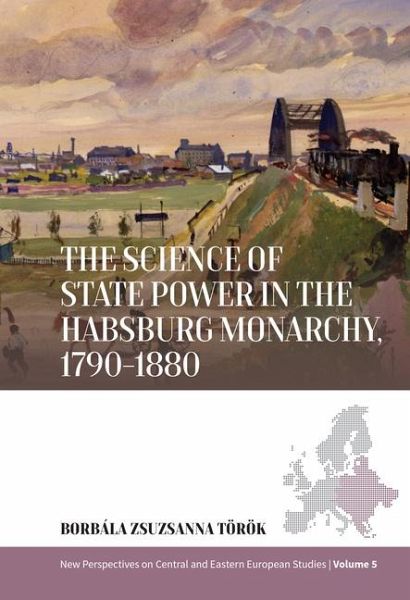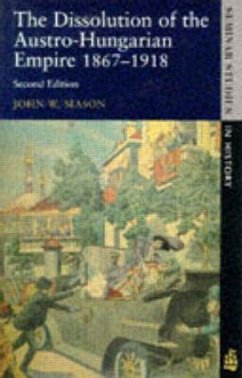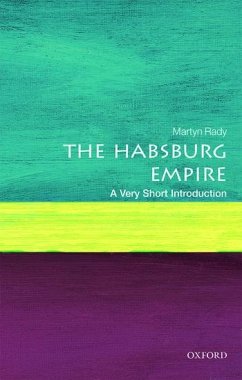
The Science of State Power in the Habsburg Monarchy, 1790-1880

PAYBACK Punkte
66 °P sammeln!
The science of Statistik (statistics) by the Habsburg state in the long 19th century was adapted to the political growth of imperial power. The Science of State Power in the Habsburg Monarchy, 1790-1880 connects the disciplinary history of German sciences of the state to the integration of territories into the Habsburg stateâ s evolution.













